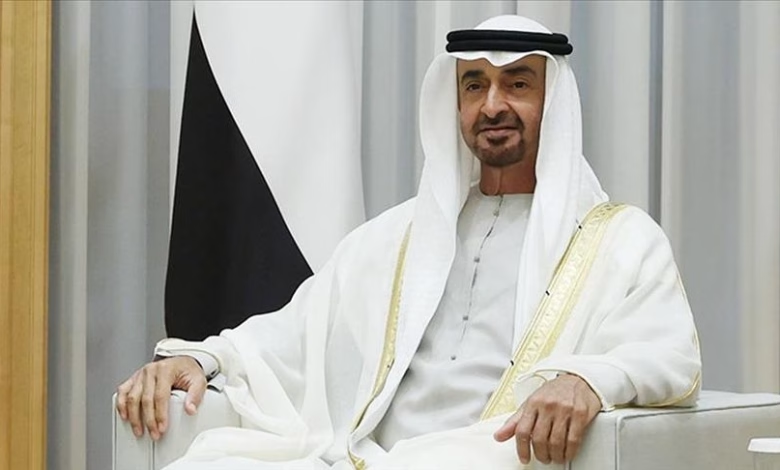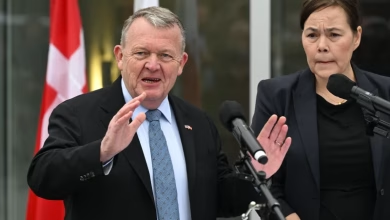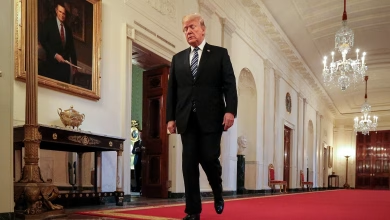57 Bangladeshis Released in UAE After Anti-Hasina Protests

- Bangladeshis are UAE’s 3rd largest expatriate group.
- UAE enforces strict dissent and speech restrictions.
- Many work in low-wage jobs and send remittances home.
- Protests in Bangladesh led to political upheaval.
The President of the United Arab Emirates has granted a pardon to 57 Bangladeshi citizens who were imprisoned for protesting against their government while in the Gulf country.
President Sheikh Mohamed bin Zayed Al Nahyan announced on Tuesday that the sentences of these Bangladeshi nationals have been “canceled,” according to the state news agency WAM.
The report indicated that they will be released and subsequently deported. According to Bangladesh’s Sangbad Sangstha news agency, citing a presidential adviser, all 57 individuals are anticipated to return to Bangladesh shortly.
The Bangladeshi expatriates were accused of participating in protests in the UAE that reflected the widespread demonstrations against former Prime Minister Sheikh Hasina and her government in Bangladesh.
In July, a federal court in the UAE, which prohibits unauthorized protests, quickly convicted the Bangladeshis of “gathering and inciting riots.”
The prosecution charged the Bangladeshi expatriates with “crimes of gathering in a public place and protesting against their home government with the intent to incite unrest.”
Three individuals were sentenced to life in prison, while 53 received 10-year sentences. Additionally, one Bangladeshi, who was reportedly in the UAE illegally and involved in the protests, was given an 11-year sentence.
Human Rights Watch condemned the sentences, describing the detainees as having been “arbitrarily detained, convicted, and sentenced to long prison terms … based on their participation in peaceful demonstrations.”
Sheikh Mohamed’s decision to pardon the prisoners follows a recent conversation with Bangladesh’s new interim leader, Muhammad Yunus. Yunus assumed power after former Prime Minister Sheikh Hasina was ousted and fled to India amid last month’s protests.
The unrest in Bangladesh began in June with student-led demonstrations against civil service job quotas and escalated into widespread protests demanding the resignation of Hasina, who had been in power since 2009.
According to the Ministry of Foreign Affairs, Bangladeshis constitute the third largest expatriate group in the UAE, following Pakistanis and Indians.
In a country with a population of around 10 million, most residents are foreign nationals. Many Bangladeshi expatriates hold low-wage blue-collar jobs and send remittances back home to support their families.
The UAE has a zero-tolerance policy for dissent, prohibiting criticism of its leaders and any speech that may cause or incite social unrest. Freedom of expression is highly restricted, and the country’s penal code also criminalizes actions that offend foreign states or threaten diplomatic relations.
According to the Ministry of Foreign Affairs, Bangladeshis constitute the third largest expatriate group in the UAE, following Pakistanis and Indians.
In a country with a population of around 10 million, most residents are foreign nationals. Many Bangladeshi expatriates hold low-wage blue-collar jobs and send remittances back home to support their families.
The UAE has a zero-tolerance policy for dissent, prohibiting criticism of its leaders and any speech that may cause or incite social unrest. Freedom of expression is highly restricted, and the country’s penal code also criminalizes actions that offend foreign states or threaten diplomatic relations.






